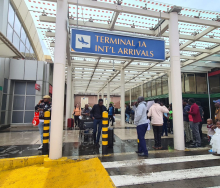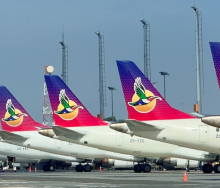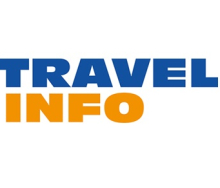IATA passed five resolution amendments at its AGM in Seoul this month. TNW provides a round-up. CORSIA A resolution calling on governments to work toward full implementation of the Carbon Offsetting and Reduction Scheme for International Aviation (CORSIA) was overwhelmingly approved. It urges member states to implement CORSIA as the single global marketbased mechanism for climate change mitigation and to avoid implementing overlapping or duplicate measures such as unilateral carbon taxes. It also urges entities to volunteer in the CORSIA pilot phase and to align domestic regulations on the monitoring, reporting and verification of emissions with CORSIA’s internationally agreed standards.
One ID This resolution calls for airline, airport and government authorities to work together to promote and implement One ID, a single paperless passenger identifier using biometric recognition. “Every traveller will appreciate the convenience of getting from the kerb to the gate without ever having to show a paper passport or boarding pass,” said Alexandre de Juniac, Iata dg and ceo. Various elements of the One ID concept are currently being trialled at airports around the world including Atlanta, Sydney, London Heathrow, Schiphol Amsterdam, Changi Singapore and Dubai International Airport. The next stage of rollout will be to implement cross-border trials enabling passengers to be recognised at both the airport of departure and arrival.
Disabled passengers Airlines have committed to ensuring that passengers
with disabilities have access to safe, reliable and dignified travel and called on governments to use Iata’s core principles for accommodating passengers with disabilities. A recent Iata survey of 48 airlines reported that the requests for wheelchair assistance grew by 30% between 2016 and 2017, putting strain on the quality of service provided. It was also noted that stowage damage was a major concern for passengers with disabilities who travel with their own mobility aids. The resolution commits airlines to work at ways of improving this. “The number of persons with disabilities travelling by air is set to increase significantly as populations expand and grow older. Airlines were ahead of their time when, 50 years ago, we set out standards to ensure passengers with disabilities had access to air travel. But now we
need to go further,” said Alexandre. Slots The importance of a harmonised global airport slot system was reaffirmed, with Iata calling on governments to urgently address capacity shortages. It also defined Worldwide Slot Guidelines as the global standard for airport slot allocation and management. RFID baggage tracking The AGM also called for the implementation of modern baggage messaging standards to more accurately track passengers’ baggage in real time across key points in the journey, and resolved to support the global deployment of Radio Frequency Identification (RFID) for baggage tracking. Airlines are committed to transition to bar-coded bag tags with RFID inlays and to use RFID data alerts.
Iata amends five more resolutions
13 Jun 2019
Comments | 0














